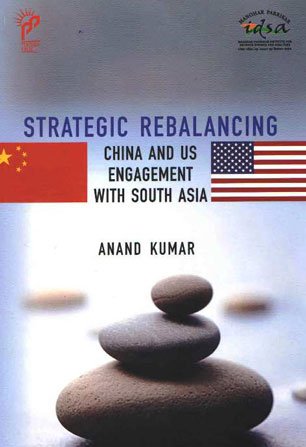Pakistan on the Brink: The Future of Pakistan, Afghanistan and the West by Ahmad Rashid
There is immense strategic interest in the Af-Pak region. The US has spent over half a trillion dollars in Afghanistan and perhaps billions in Pakistan. NATO has spent money and sacrificed lives in Afghanistan. India, China, Russia and Iran have given large packages of aid and invested in the country. What will be the future of these trillion dollars of expenditure, huge investments and diplomatic efforts in the Af-PaK region? Ahmad Rashid offers a disturbing answer. Pakistan is on the brink of collapse, Afghanistan is in the midst of a civil war, and the Americans are pulling out.
- Naser Timory
- January 2014
















